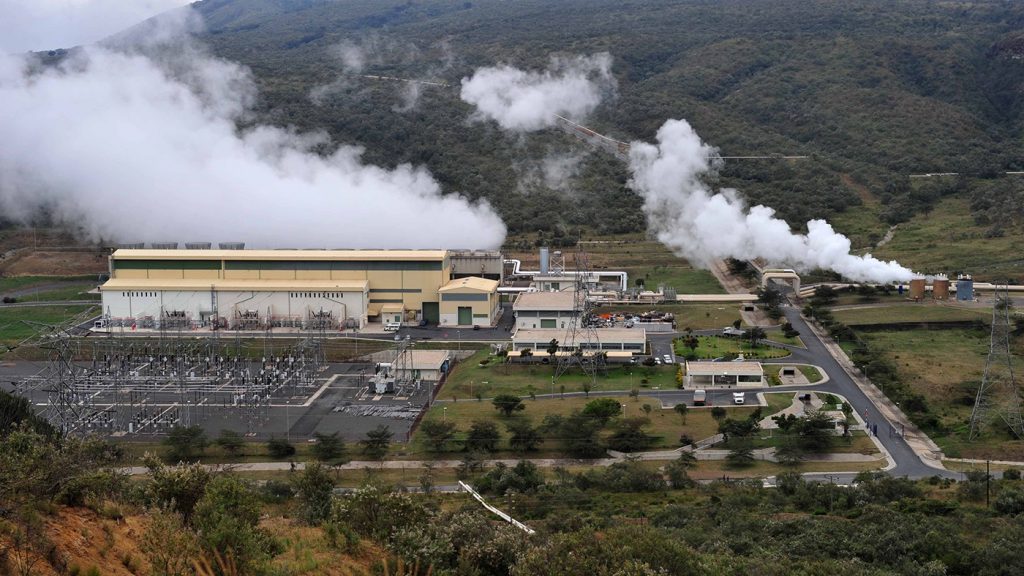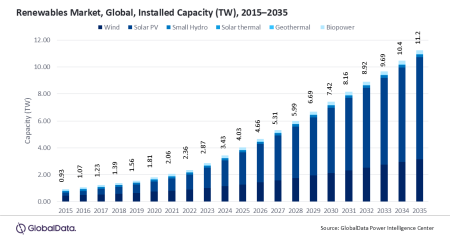
OpeOluwani Akintayo
04 January 2018, Sweetcrude, Lagos — Fresh findings by SweetcrudeReports has shown that the Buhari administration may revive the N27 billion metering contract started by the Obasanjo’s administration and approved by Jonathan in 2015.
SweecrudeReports investigations revealed that over N27 billion was approved for Ziklagsis Network Limited, Mojec International Limited, and others by Jonathan’s administration in 2015 for the supply of 753,002 meters.
The project which was started and abandoned by the Obasanjo’s administration was later revived by the Goodluck Jonathan administration.
According to a document at our disposal, money totaling N27,108,072 billion was approved by the Federal Executive Council, FEC under the Jonathan’s Presidential Initiatives to Nigerians, for the supply of electricity meters.
The contract was “hurriedly” approved on May 20, 2015, barely nine days to Jonathan’s handing over on May 29, 2015.
A breakdown of the contract award shows that N4, 983, 022 billion was approved for Ziklagsis for the supply of 226, 501 units of single phase meters at the rate of N22, 000 each as at that time, and N11,325,050 billion for 226,501 units of 3-phase meters at N50,000 each at that time. Total money approved for Ziklagsis was N 16,308,072 billion.
Mojec had a contract to supply 30, 000 units of single phase meters at N22, 000 each (N660 million) and 30, 000 units of 3-phrase meters at N50, 000 each (N1,500 billion). Total money approved for this award was N2, 160 billion.
The Electricity Meter Company Nigeria PLC got an approval N440 million to supply 20,000 units of single phase meters at N22,000 each and N1 billion for 20,000 units of 3-phase meters at N50,000 each. A total of N1, 440 billion was approved for the company.
Nomas Electricity Meters was supposed to supply 35,000 units of single phase meters, and 35,000 units of 3-phase meters at N22, 000 each (N770 million) and N50, 000 each (N1,750 billion) respectively. A total of N2,520 billion was approved for the company.
Checks revealed that Normas Electricity Meters is not a registered company with the CAC.
However, further checks revealed one MOMAS Electricity Meters Manufacturing Company Limited, Surulere, Lagos, registration number 991359, registered in 2011 but we were unable to ascertain whether ‘MOMAS’ was mistakenly spelled as ‘Nomas’ in the document.
The fifth company, Unistar Hi-Tech Systems Limited was to supply 25,000 units of single phase meters at N22,000 each (N550 million), and 25,000 units of 3-phase meters at N50,000 each (N1.25 billion). The firm got an approval of N1.8 billion for the supply.
ENL Consortium Limited, Kado Estate, Abuja, CAC registration number 441342, 2002, got an approval of NN1.656 billion to supply 23,000 units of single phase meters and 23,000 units of 3-phase meters at N22,000 each (N506 million) and N50,000 each (N1.15 billion) respectively.
Lysa Or-Tech Nigeria Limited got an approval of N1.224 billion to supply 17,000 single phase meters at N22,000 each (N374 billion) and 17, 000 pieces of 3-phase meters at N50, 000 each (N850 billion). Total money approved for this award was N1.224 billion.
The total amount approved for the metering project was N27,108,072 billion.
The metering project was to be funded from the Eurobond USD200 million/U.SD 88.6 million sale proceeds from the NIPP Power Plants.
However, sale of the power plants to private investors who were already shortlisted after a competitive bid process in 2014, was stalled following consistent attacks on gas supply pipelines that rendered the power plants redundant, as well as preferred investors’ claims that the government had not lived up to its pre-transaction pledge to ensure uninterrupted gas flow to the plants.
Following the stall in the sale of the plants, the government subsequently stated that it would sell them on a one-by-one basis, starting with three of the plants – 634 megawatts (MW) Calabar, 506MW Geregu and 513MW Omotosho power plants.
In October, the Managing Director of the Niger Delta Power Holding Company, NDPHC, had disclosed that the power plants were on the verge of being sold to the same preferred bidders.
However, as at the time of filing this report, nothing had been mentioned about it, neither was there clarity on whether the money realised from it would still be deployed to metering after the sale.
While the Federal Government keeps blaming the Electricity Distribution Companies, DisCos for not meeting up with the targeted speed of metering their customers, the DisCos have equally blamed the government for not supplying its promised quota of meters as agreed by Jonathan’s administration upon privatisation of the distribution arm of the sector in 2013.
SweetcrudeReports later learned that since the contract was signed during Jonathan’s administration, Buhari no longer has the intention of using the funds from the sale in procuring meters as planned.
However, in August last year, the Federal Government approved an N39bn loan for DISCOs to supply electricity meters.
Additionally, our sources disclosed that the federal government had agreed with the DisCos and the Nigerian Electricity Regulatory Commission, NERC, to deregulate the metering process and that the plan is being worked out by NERC, to take effect any time from this year.
Tagged the Advanced Credit Advance Payment for Metering Implementation, Advanced CAPMI, the programme is geared towards removal of regulations or restrictions (breaking the metering monopoly) presently enjoyed by the DisCos in procuring meters for electricity consumers.
Under this system, customers who cannot wait for their turns on the DisCos metering plan, can independently buy meters from likewise independent but licensed meter manufacturers who sell at competitive prices to customers, while at the same time reducing the burden on the DisCos.
This also indicates that the DisCos will no longer go through the burden of importing meters at higher costs.
This will, in turn, reduce prices of meters, likewise create more market for Nigerian meter manufacturers to grow and expand: more job opportunities.
When SweetcrudeReports reached out to spokesperson for Niger Delta Power Holding Company, NDPHC who runs the NIPP, Yakub Lawal, to find out whether funds to be realised from sale of the plants would still be spent on metering as planned, he said he was not aware of the approval of any N27billion for supply of meters in the first instance.
He argued that there would be no need for the government to set aside any money for meter procurement since the distribution arm of the power sector had been privatised.
“There was no such approval by Jonathan. Besides, the federal government alone cannot decide what to use money gotten from NIPP sale for when the plants are being run by the three tiers of government”.
“To the best of my knowledge, the NIPP power plants are yet to be sold. And even whenever they end up being sold, the government has other infrastructural projects to spend the funds on and not on metering.”
“On what basis should the federal government buy meters for the discos? So, I am not aware of any money from NIPP to buy meters,” he said.
In a reaction, the Managing Director, Mojec, Chantelle Abdul, confirmed that money was indeed approved but not released.
She added that the contract could not commence due to some “misunderstanding” (which she did not disclose) with one woman whom she simply identified as Rose.
During our interaction with her, she tried to dissociate Mojec International from the issue, saying the woman in question (Rose) to whom the contract was originally awarded is not from Mojec. “The project is not a Mojec contract”.
However, the document at our disposal specifically stated that the supply of 30, 000 units of single phase meters for N22, 000 each (N660 million), and 30, 000 units of 3 phrase meters for N50, 000 each (N1.5 billion), a total of N2.16 billion was approved for Mojec International Limited.
According to her, the woman (Rose), had sued the Obasanjo and Jonathan’s administration, including the Ministry of Power, and the then Attorney General of the Federation from proceeding with the project.
“Regardless of whoever was awarded the contract, it was just a paper award. No money was released for it. There was a misunderstanding and the woman to whom it was awarded sued about five ministries stopping them from executing it. So the project never happened.”
“Unfortunately, I am not the driver of the project so can’t tell you what’s really going on about it,” she said.
It was gathered that the Buhari government is making an attempt to revive the project and that talks are ongoing, however, the suit stopping the metering contract from continuing has to be sorted out first.



